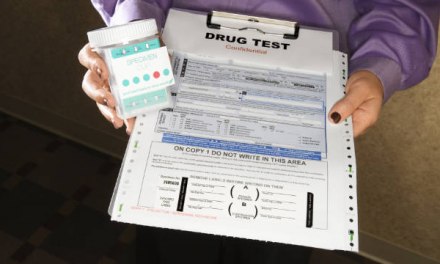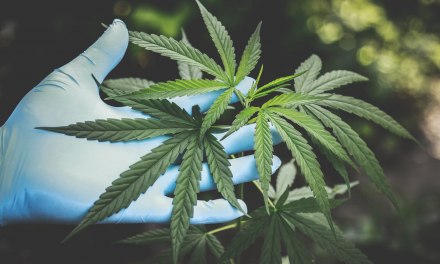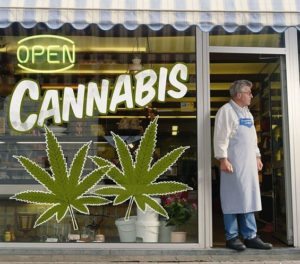I see the notorious “Affluenza” case is back in the news. That’s the one involving a Dallas teen who was the driver in an alcohol-related crash that killed several others. That’s awful enough but the real controversy escalated around sentencing. The judge, swayed by expert testimony, was convinced to accept a long-term rehab in California rather than jail or a state facility. That brought a firestorm of criticism for the apparent show of preferential treatment based on the parents’ wealth. A variety of public officials and eventually both candidates for governor took strong positions and things got so complicated I can ‘t find just one article to link to. Instead, here’s Wikipedia’s summary.
Long ago I heard a counselor comment that the most severely dysfunctional family situations were often found at the bottom and the top of the socieconomic scale. Poor folks suffered from too few resources, rich folks from having too much. I don’t know of any objective confirmation for this, but I’ve run into a number of cases where I found myself recalling it.
There are invariably other factors to consider. In this case, we might look at a contentious divorce, and the parents’ histories of behavior problems that suggest significant personal issues of their own. And there’s always the family dysfunction that accompanies severe alcoholism. Recent reports suggest that the teen’s mom may actually have gone ‘on the run’ with him– if that’s true, it’s a pretty extreme example. But I’ve seen worse, and I imagine some of you have, as well.
Not many would argue with the notion that with wealth comes privilege, and privilege can sometimes be reflected in the criminal courts. One defense attorney who’s been involved in a number of high-profile drug and drunk-driving cases told me that was because most judges and even prosecutors saw youth from good (wealthy) homes as more likely to succeed than kids from disadvantaged environments. If that’s the reasoning, it represents a sort of unconscious reverse prejudice. The law is not supposed to be vulnerable to that. In this case, because of the furor, the youth ultimately wound up in a state-run institution rather than a luxe West Coast program.
We can’t expect parents to choose the most punitive options for their children when other options are available to them. Our healthcare system supports more and in some cases better treatment based on the ability to pay for it. No, it isn’t fair. But then, few things are.
What will it take for this youth to achieve lasting recovery– assuming, that is, that he reaches a point where he wants to? I don’t know. Perhaps he’ll have to hit bottom the way some 12 Step sponsors promise. Musician David Crosby has stated that the years he spent in a Texas jail were needed to motivate change. Sad that it works that way, but for some of us, it might.













